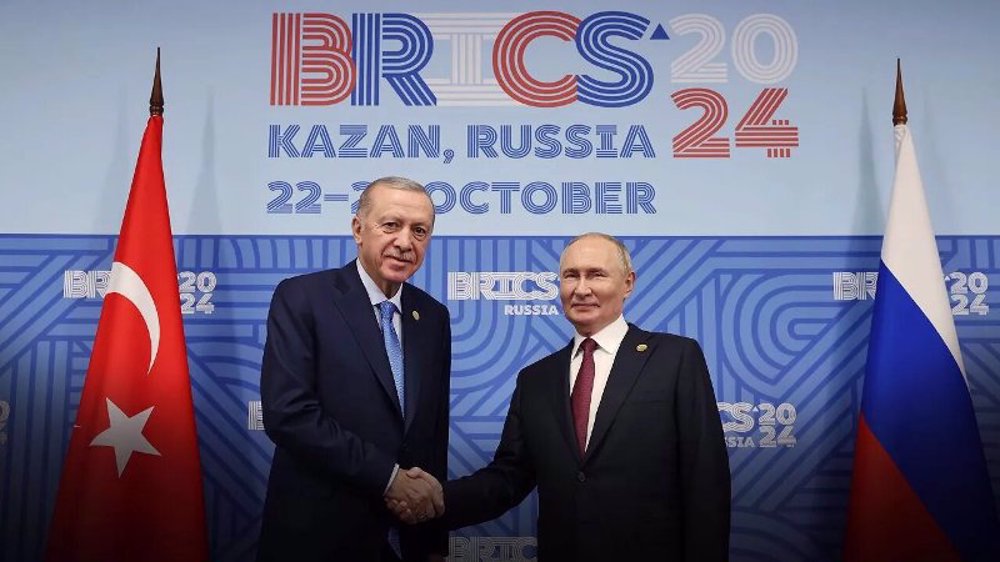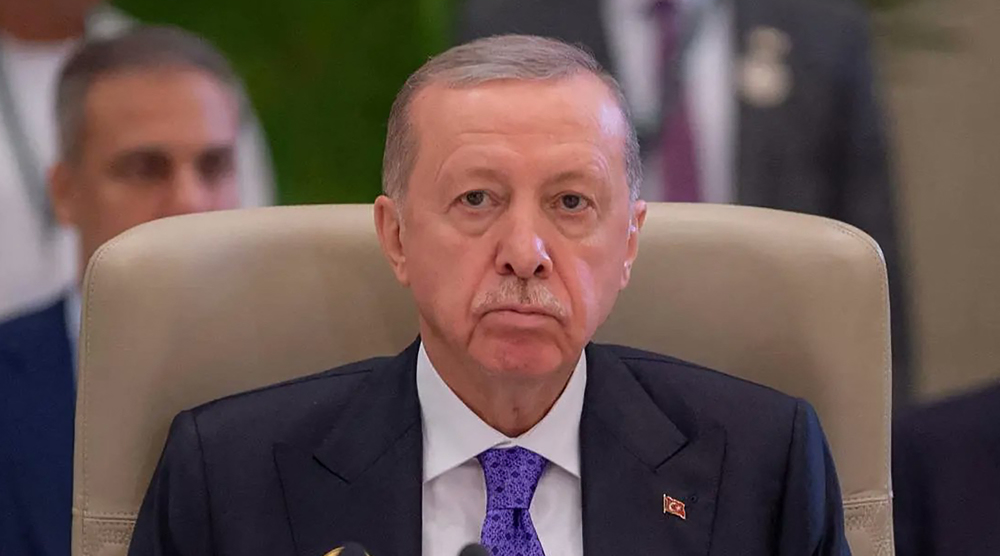Turkey new PM to place more power in Erdogan's hands
Turkey's newly-elected prime minister plans to place more power in President Recep Tayyip Erdogan's hands by switching from the existing parliamentary system to an executive presidential system.
Transport Minister Binali Yildirim, a longstanding and faithful ally of President Erdogan, vowed in a speech at a special congress in Ankara on Sunday to push for his bid to change the constitution and create a presidential system.
"Turkey needs a new constitution. Are you ready to bring in a presidential system?" Yildirim said, adding, "Now that the president is elected by the people nothing can be the same as it was."
Yildirim said the priority now had to be to legalise the current "de-facto" situation. "We have to put an end to this confusion. The way to this is a new constitution and presidential system," he said.
Yildirim was elected as the next leader of Turkey’s governing Justice and Development Party (AKP) and will therefore become the new prime minister.
One of the co-founders of the AK Party along with Erdogan, Yildirim won all the votes from the 1,405 delegates at an extraordinary party congress.
He is expected to back Erdogan’s aim of changing the constitution to institutionalize a presidential system instead of the current parliamentary regime.
The president argues that the country cannot be run by two strongmen, but opponents warn that the new system will give rise to growing authoritarianism.
The 60-year-old will replace Ahmet Davutoglu who stepped down this month after bitter power struggle with Erdogan. The resignation exposed a rift between Davutoglu and Erdogan over the latter’s attempts to expand his power.
Tensions between Davutoglu and Erdogan had been boiling for months over a series of issues including an accord with the European Union on refugees, Turkey's peace process with the Kurdish militants, and the shift from parliamentary to presidential system.

The political uncertainty, which emerged in Turkey after Davutoglu’s resignation, has negatively affected financial markets, with the Turkish lira losing five percent in value against the US dollar over the last month.
Elsewhere in his remarks, Yildirim vowed to continue the fight against Kurdish, saying the change in government leadership would not alter the struggle against terror groups.
Tensions have been on the rise between the Turkish government and the Kurdistan Workers’ Party (PKK) militants over the military’s campaign in several regions with a majority Kurdish population in the past few months, following a number of deadly bombing attacks in the country last year.
Both Erdogan and Yildirim are strongly opposed to resuming talks with PKK, which has claimed responsibility for several deadly attacks across Turkey since a two-year-long ceasefire collapsed in 2015.
Gokhan Bacik, a political commentator, said he expected Yildirim to prove a far more pliable figure for the president and allow Erdogan to further consolidate his powers.
"Yildirim could be the last prime minister of Turkey..," Bacik said, adding, "He will only have the role of deputy to Erdogan in the (presidential system) that he wants to put in place".
Yildirim, who has never stepped out of line with the president on a policy issue, also worked as head of the Istanbul ferry company while Erdogan was mayor of the city in the second half of the 1990s.
VIDEO | Yemen’s armed forces target Israeli airbase amid nationwide pro-Palestinian rallies
Putin vows more test of new hypersonic missile
VIDEO | Jordanians continue rallies to denounce Israeli genocide in Gaza, Lebanon
6 Israeli soldiers commit suicide: Reports
Diplomat discourages recourse to pressure, intimidation, confrontation against Iran
UN: 2024 deadliest year for aid workers amid genocide in Gaza
Gaza health official warns of hospital shutdowns within 48 hours
Israel kills 5 more paramedics in southern Lebanon: Health ministry















 This makes it easy to access the Press TV website
This makes it easy to access the Press TV website